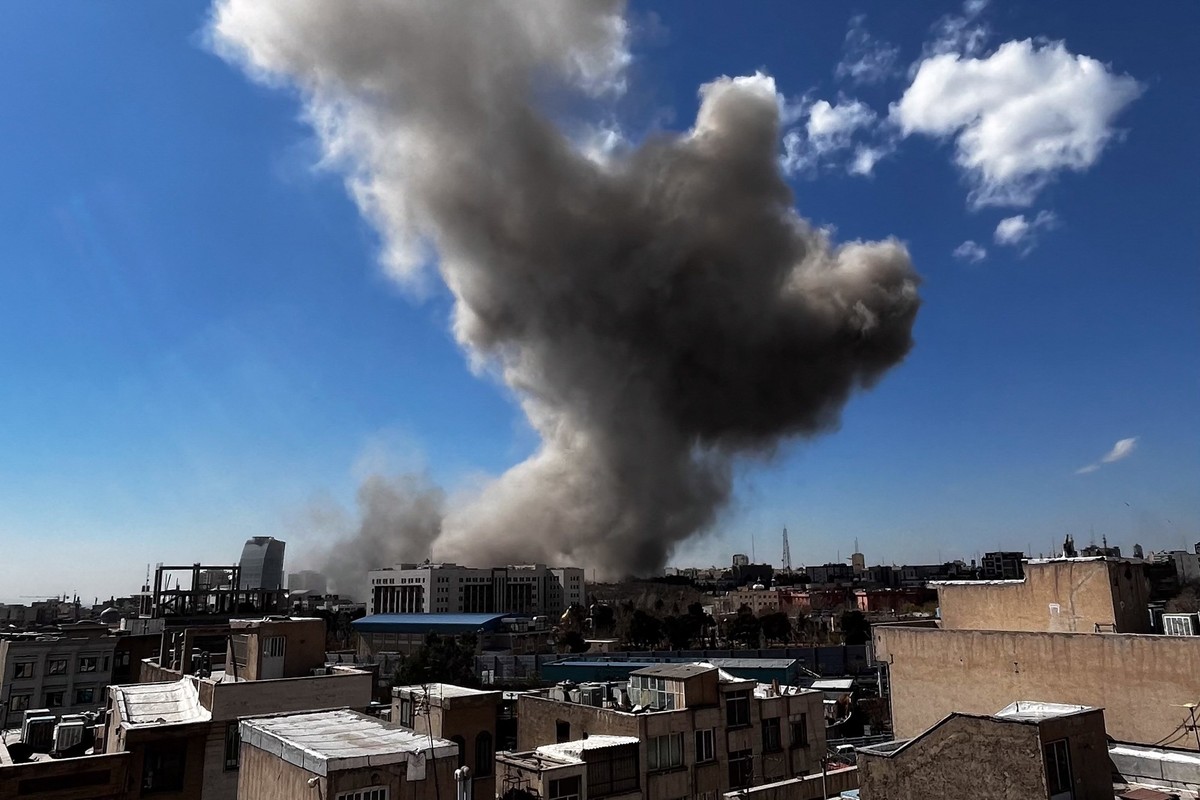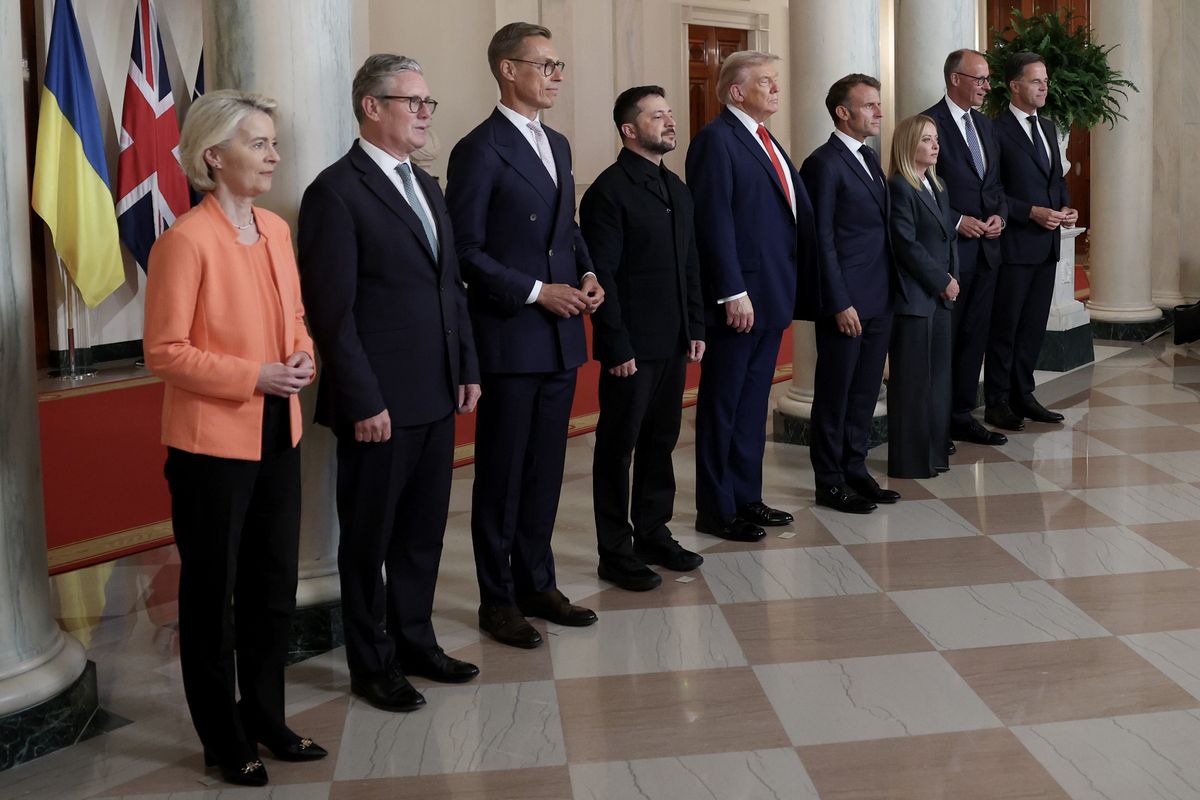As part of our special coverage on Syria, The Cipher Brief spoke with Norm Roule, the former National Intelligence Manager for Iran at the Office of the Director of National Intelligence, to get his expert assessment on how Iran might take advantage of a newly uncontested space in Syria, free from U.S. troops.
The Cipher Brief: What is your reaction to the President’s announcement that he will withdraw U.S. troops from Syria?
Roule: The President’s decision to withdraw American forces from Syria represents a clear reversal of previous U.S. policy and will almost certainly be perceived by Ankara, Damascus, Moscow, and Tehran as evidence that the U.S. is unwilling to expend the resources necessary to oust Bashar al-Assad or Iranian militias from Syria. Indeed, Moscow praised the withdrawal decision.
The U.S. will retain military forces in Iraq which will continue to be capable of attacking ISIS, but news of the departure nonetheless will be well-received by ISIS leadership. It is also unclear what instigated this decision at this time, and some have speculated that interagency coordination was minimal. Despite recent U.S. and Syrian Democratic Forces (SDF) successes against the group, thousands of ISIS fighters remain. Tens of thousands of SDF personnel require training and recently the Chairman of the Joint Chiefs commented that DoD’s training was only 20% completed.
As recently as December 11, the State Department’s ISIS lead stated: “enduring defeat of a group like this means you can’t just defeat their physical space and then leave; you have to make sure the internal security forces are in place to ensure that those gains, security gains, are enduring. So, the enduring defeat of ISIS means not just the physical defeat, but make sure that we are training local security forces.”
Other State and DoD senior officials have made similar statements.
The President’s decision begs the question as to our future relations with the Kurds. Ankara – which has threatened to attack our Kurdish partners in Syria – will likely see the U.S. departure as removing an obstacle to these operations. Reportedly, the President informed Turkish President Erdogan of the withdrawal decision during a telephone call last Friday. The Kurds may well believe that the U.S. has once more abandoned them and will likely feel compelled to accommodate Damascus to seek protection from a Turkish assault.
If this decision was not previously coordinated with such partners as Israel, Jordan, the Saudis, and the Emiratis, it will underscore concerns that the U.S. lacks a strategic approach to the region.
The Cipher Brief: How might Iran play a U.S. withdrawal from Syria to its advantage? Will Iran become more aggressive in the region?
Iran will likely point to the withdrawal as evidence that Washington cannot be seen as a reliable ally, whereas Tehran has repeatedly shown that it is willing to stand by its partner even in the face of international sanctions and diplomatic pressure. This narrative could be especially potent in Iraq.
Second, Iran will likely view this decision as reason to believe that it can establish a land bridge to the eastern Mediterranean. If U.S. forces are removed from such locations as al-Tanf, Tehran will seek to expand its commercial influence and weapons options in Syria as well as its ability to transfer surrogate forces from Iraq to Syria.
Regionally, Iran’s rhetoric will remain high, and may even spike. But its aggressive options are no greater than in the past, largely because Tehran’s operations appear to be operating as aggressive as the battle space and Iran’s resources allow. Coming months will see Iran’s resources constrained by sanctions and its personnel focused on transforming militias into political elements.
The Cipher Brief: Would they play such a move as a victory in Iran and if so, would that have any kind of significant impact?
Many Iranian leaders no doubt hope that the Islamic Republic can simply outlast the Trump administration. One can also imagine the Revolutionary Guard crowing that the decision is evidence Washington is unwilling to contest Iran’s influence in Syria. This move will encourage those in Iran who believe our commitment to the region is shallow.
The Cipher Brief: How will regional allies view this step?
Roule: Based on initial news reports, it appears that this decision may not have been coordinated with our regional partners. Our partners will likely press Washington to explain its next steps against ISIS and Iran. Some will see this as evidence that the Trump administration’s commitment in the region is no different from that of his predecessor. I think some partners will see this as evidence that they need to worry about any U.S. commitment regarding the region.
Read ‘The Greater Cost of U.S. Absence in Syria’ from Cipher Brief Expert Emile Nakhleh…
Read ‘Prepare for a Return of ISIS’ from ISW’s Dr. Kimberly Kagan…
Read ‘How Will Russia Play a U.S. Syria Withdrawal, from Cipher Brief Expert Steve Hall…
Read ‘President Trump’s Syria Surprise’ from Cipher Brief Expert Brigadier General Mark Kimmitt…
Are you looking for an opportunity to get up close and personal with the best national security experts in the business? Find out more about The Cipher Brief’s Exclusive, Invitation-only 2019 Threat Conference in Sea Island, GA.















